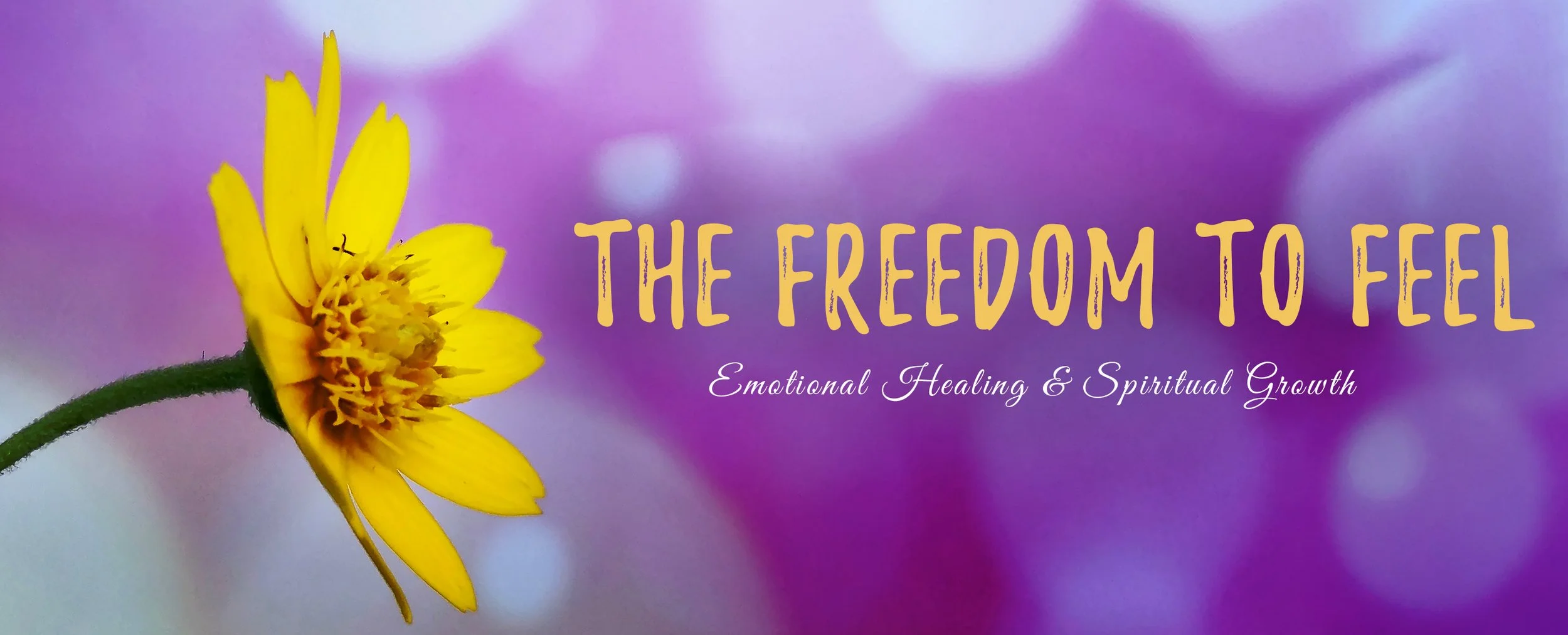Exercise and fitness are such a ubiquitous part of our culture today that it is hard to imagine a time when going to the gym after work was not seen as a normal habit. But, just a few decades ago, Americans were much less likely to exercise on their own. People may have been involved in sports, but seldom went to a gym just to work out or went for a run if it were not with a sports team or part of a training program. In 1960, President Kennedy went so far as to call America a "soft" and "under-exercised" nation.
Things began to change in 1968, when Dr. Kenneth Cooper published his then-groundbreaking book Aerobics, outlining the health benefits of exercise. Since then, exercise has become part of daily life for millions of people. Working out is now seen as essential for overall health and a healthy lifestyle.
While the physical benefits of exercise are certainly important, many people also choose exercise for the impact that it has on their mental health. Anxiety is on the rise, and the millions of people who live with anxiety are looking for ways to manage their condition. In addition to therapy and medication, exercise is one of the main ways that people choose to cope with anxiety. Many people find that exercising makes them feel calmer and blow off steam when they feel stressed. But does exercise really help anxiety?
Anxiety: A Growing Problem
Anxiety disorders are the most common mental illness in the United States. It is estimated that over 18%, or 40 million, American adults live with anxiety. And, that number is increasing. A 2018 survey reported that 39% of respondents said they feel more anxious than they did at the same time last year.
People who struggle with anxiety experience some similar symptoms, including feelings of panic and worry.
Can Exercise Help Anxiety?
Yes, exercise can help anxiety. But, it also depends on the type of anxiety and the person. As with all treatments for anxiety, different things work for different people. Many people with anxiety have reported that exercise helps them better manage their symptoms of the condition and feel less anxious overall. But, it is important to try exercise for anxiety for yourself to see what works for you.
How Does Exercise Help Anxiety?
There are numerous ways in which exercise helps anxiety:
Stress Relief
Exercise can be a release for people when they are feeling stressed or tense. If you have ever punched a punching bag during a boxing class, you understand how exercise and movement can help you unload your stresses. After a long day of work, or a fight with a friend, or when you are feeling anxious for seemingly no reason, moving your body and clearing your mind can help you let go of those feelings and prevent them from developing into deeper feelings of anxiety.
Distraction
When living with anxiety, it is all too easy to get caught up in your thoughts. One triggering thought can spiral into many more and lead you to feel extremely anxious and unable to calm yourself down. Working out, whether you go to the gym on your own, attend an exercise class, go for a jog outside, or engage in any form of exercise, is a great way to distract your mind and stop yourself from getting caught up in anxiety-inducing thoughts. While exercising, your mind will be focusing on your body's movements, giving you a much-needed break from the thoughts that make you feel anxious. Sometimes, distracting yourself and having a good workout is enough to stop anxious thoughts in their tracks.
Endorphins
When you exercise, your body releases endorphins, a feel-good hormone that naturally boosts your mood. In addition to making you feel happier, endorphins also reduce stress, which in turn can make you feel less tense and anxious. When you feel anxious, try taking a 10-minute break to move your body and stimulate the release of endorphins to see if their stress-fighting abilities help calm you down.
Improved Sleep
Lack of sleep or poor quality of sleep has been shown to increase rates of anxiety, especially among women. Anxiety can also make it harder to sleep, especially if you feel stressed and anxious at night.Exercise can help with both of these situations, as working your muscles hard naturally makes you more tired. Working out requires an immense amount of energy, so your body will be more prepared to fall asleep at night. Plus, exercise may make you feel less anxious overall, making you less likely to start feeling symptoms of your anxiety as your head hits the pillow.
the best exercise for depression and anxiety (and the best exercise in general) is one that you enjoy. If you try to force yourself into a workout routine that you hate, you will not be able to stick with it. You will always get the most benefit, both mental and physical, out of the type of exercise that you can do consistently. If your favorite workout is not on the above list, don't worry. If you already have a type of exercise that you enjoy and feel that it helps you manage your anxiety, certainly continue to do it. But, if you feel that your current workout routine does not help with your anxiety, try adding one of the above exercises into your routine and see if it makes a difference.
Other Ways to Manage Anxiety
While exercise helps many people cope with their anxiety, it is not the only effective way to manage anxiety. More traditional methods, like medication and therapy, should not be overlooked. Millions of people manage their anxiety with the help of a therapist or counselor, who can serve as a trusted confidant and offer valuable, individualized advice for coping with anxiety.
For many people, a combination of anxiety management techniques works best. If you are struggling with anxiety, remember that treatment is not "one size fits all," and it could take time to find the anxiety treatments that work for you. Get in touch with a therapist or counselor if you want to take the first step towards finding the best way for you to cope with your anxiety.
Reviewer Rashonda Douthit , LCSW






